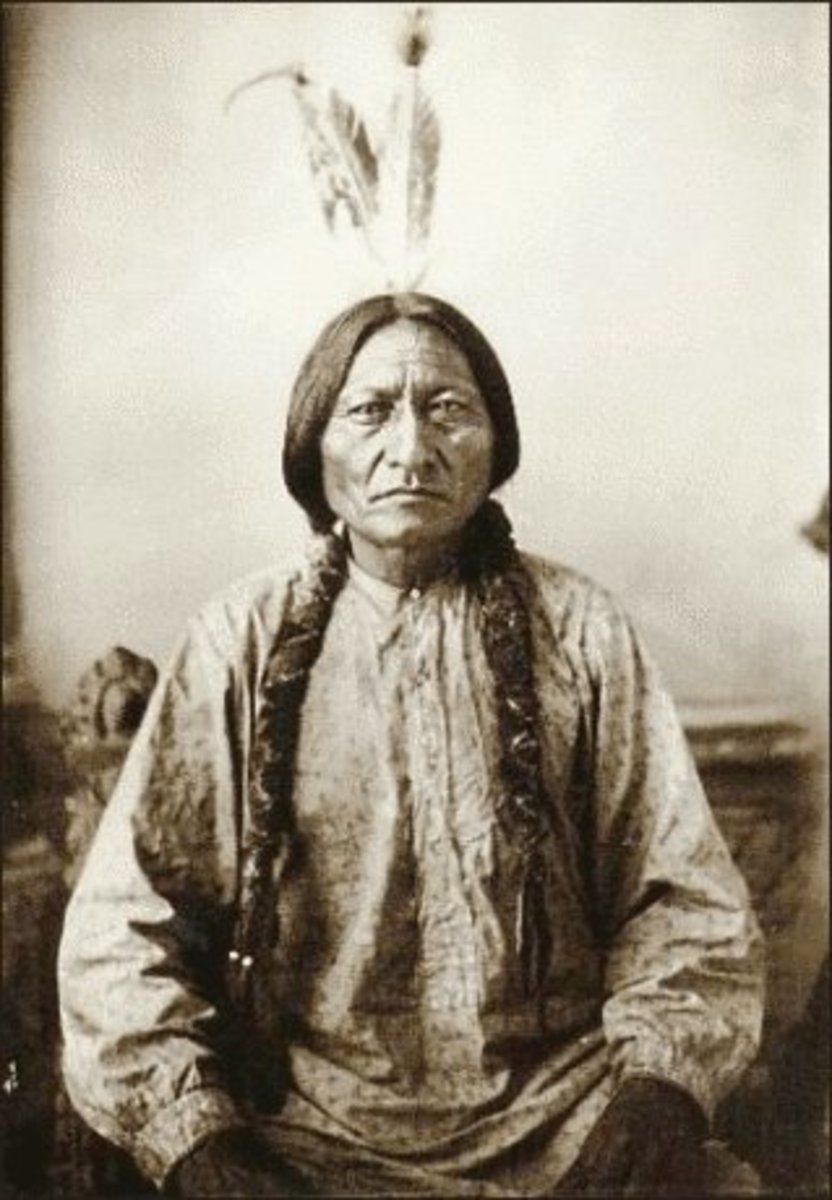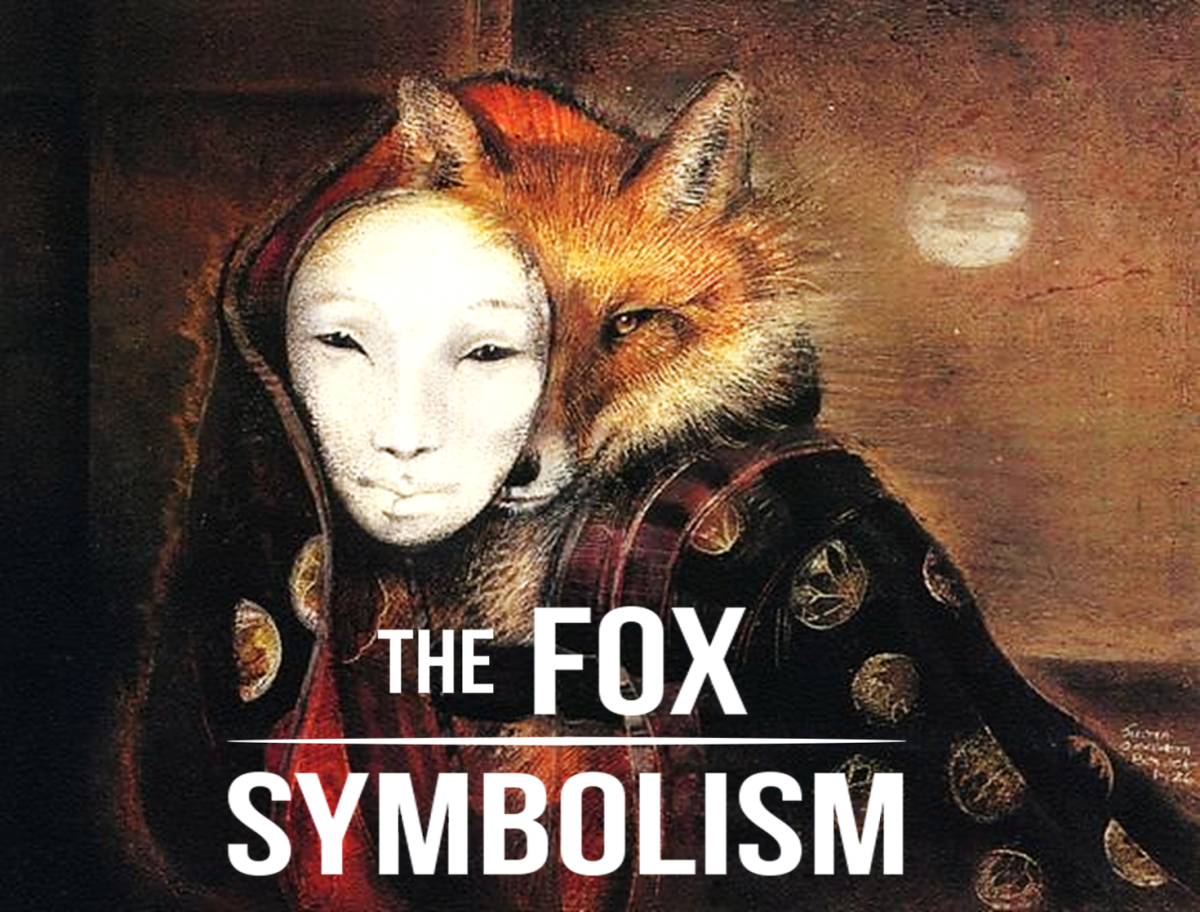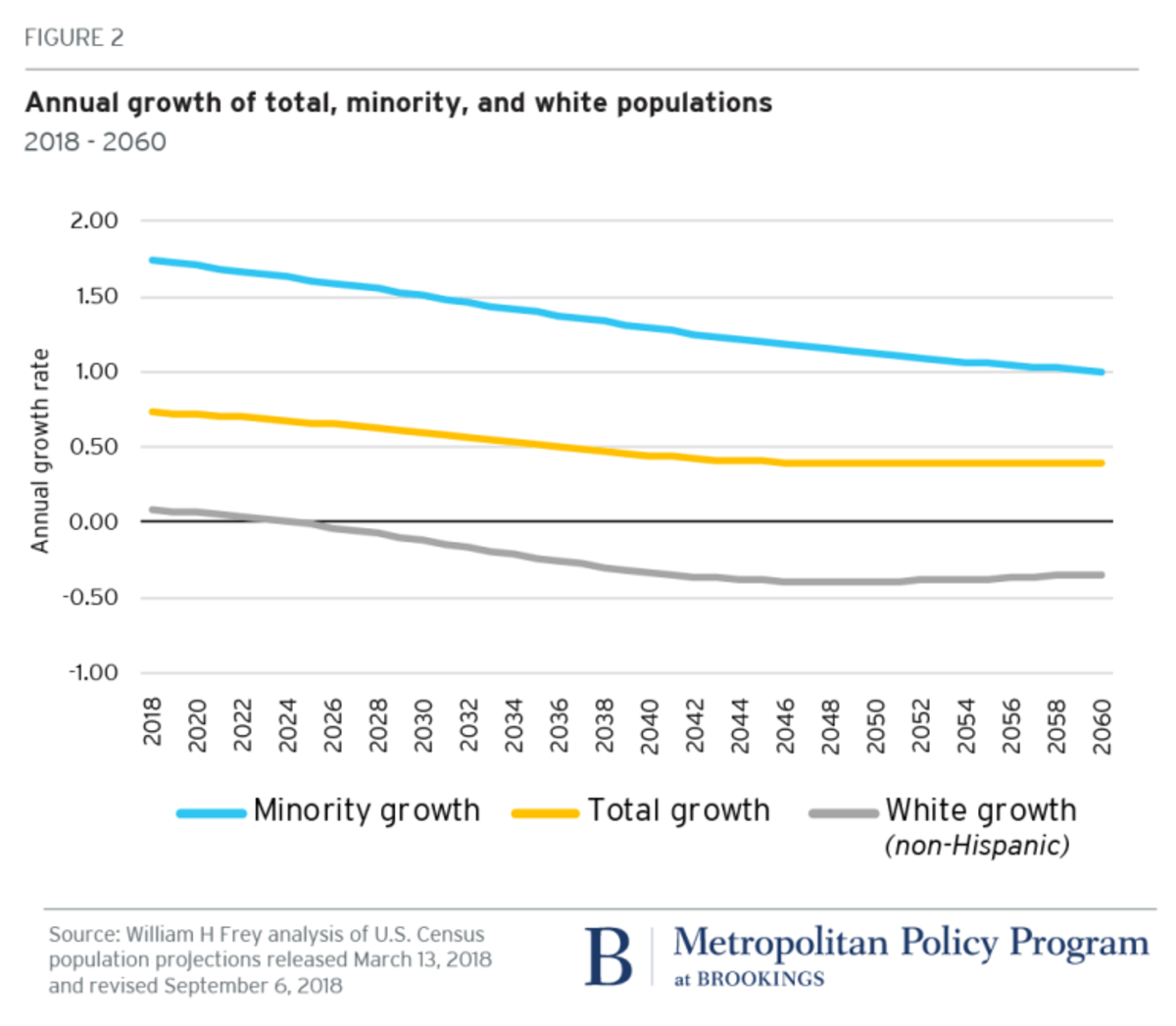How do Human Societies Differ? And how do they Match?
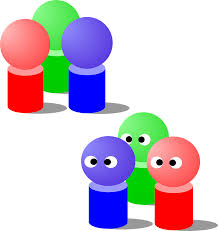
Human race is organized into different societies, many of which join together and form rather independent groups called nations. This kind of grouping might have happened due to historical reasons, geographical similarities and other factors that make living together a necessity. If we further examine these, in the light of political, social, or economic convenience, more reasons will emerge pointing to the natural formation of every nation, though the principal cause in each case may differ.
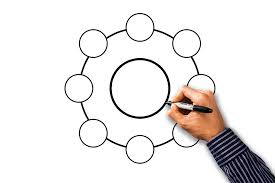
In all such grouping, the societies joining together, share similar character, ideals, and priorities. It is therefore possible to consider each country as a separate society of societies, where the internal differences between its constituents have been overshadowed by the need to put up a cohesive front to face the challenges.
What differentiate these societies? How does a human belonging to one country, differ from one belonging to another? Or what makes people belonging to one country identify with each other while injecting separation between people of different countries?
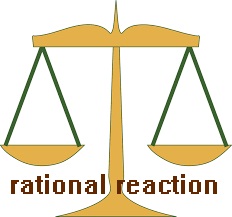
Examine Differences
If we observe carefully, the character and behavior of people constituting each society, there is no difference as far as rational reactions go. All people, irrespective of their country of origin, approach any issue of importance to one’s life and living, in a comparable manner. The driving force remains more or less the same; the range or influence of the driving force, the expected benefits, the possible retardants, as well as the diversions, are also similar across human societies from different countries. Hence, as far as rational responses go, there is hardly any difference between people of different countries or societies. All countries match with one another, in some way.
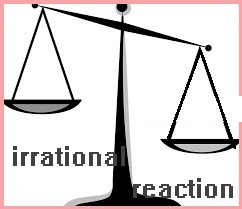
But, when it comes to reactions of the irrational plane, that is, both the responses to irrational signals and the crazy reactions to normal events, human societies differ a lot. What is of value, what and how much of it is tolerable, and many other parameters vary substantially. Something considered repugnant in one country may be part of the most respected lifestyles, in another country. No countries match with one another, as far as such things go.
Naturally there arises an attractive force among certain societies, as well as a repulsive force among certain other societies, to eventually form some kind of a union, of societies with similar reactions to irrational signals, or of societies with similar irrational response to all signals. This, I think is the true explanation of how nations are born.
If that is so, what causes societies or nations to differ? If, all that people wants to do is to find answers to their questions, why should we have different societies, or different countries? To answer this, let us observe our nations, the de facto human societies, a bit more closely.
Some nations can be seen to be always running behind certain customs, traditions, or other vagaries, overlooking much pain and discomfort. Some other countries may follow a totally different path, continuously exploring fresh alternatives. That too, with least regard to both the existence of an actual need of a changed approach, and the inconveniences faced while implementing frequent alterations. As a result, some of the countries get labeled as traditional or backward, and few others as modern or progressive, with the majority of the countries occupying varying positions in between the two.
How does this happen? What made people choose, what they chose?
We have already seen, as far as rational reactions go, there isn’t much difference. All people are driven by quite predictable forces, which can be easily understood by resorting to certain steps, rather, a scientific approach. Even for that there isn’t much difficulty as this is quite a well documented area.
Where do I Stand?
Reason is same for all, lack of reason, varies
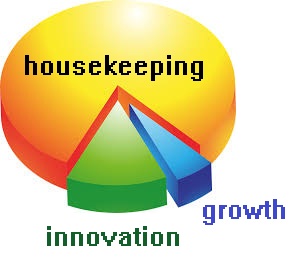
What do we Gather?
Whereas when it comes to irrational responses or reaction to irrational things, nothing is predictable. Over long periods of time, people with similar such responses would have grouped together for many reasons. Like the need to save themselves from opposing reactions. Or to enhance whatever good feelings they happened to have.
On attaining more permanence, such rather informal gatherings would have come to be identified as separate societies called religions, and the collection of a similar few becoming a nation. Both, in fact amount to nothing but the grouping of people with comparable outlook in the irrational plane.
What we can conclude from the above is that it is the irrational leanings or response that can differentiate between people, both for the purpose of unification and for the sake of opposition. All through history, nations have been at war with each other. One nation tries to subdue the other, and the other one, resists. And it is still continuing, if what we see abundantly in the present day diplomacy is anything to go by. Perhaps we would achieve success, and international skirmishes will become a thing of the past, if only we let international diplomacy be guided by our irrational needs, desires, and responses.
(Historically, all the steps we have taken since time immemorial for organizing the world into different nations happen to be based on our differences in the rational plane only. Hence we have walls between people, where no separation need to exist. This, we can say, is the real reason for the lack of peace in human society, which is harmful to growth, innovation, and future of the race. Since it takes lion’s share of our efforts, say for housekeeping activities alone.)

